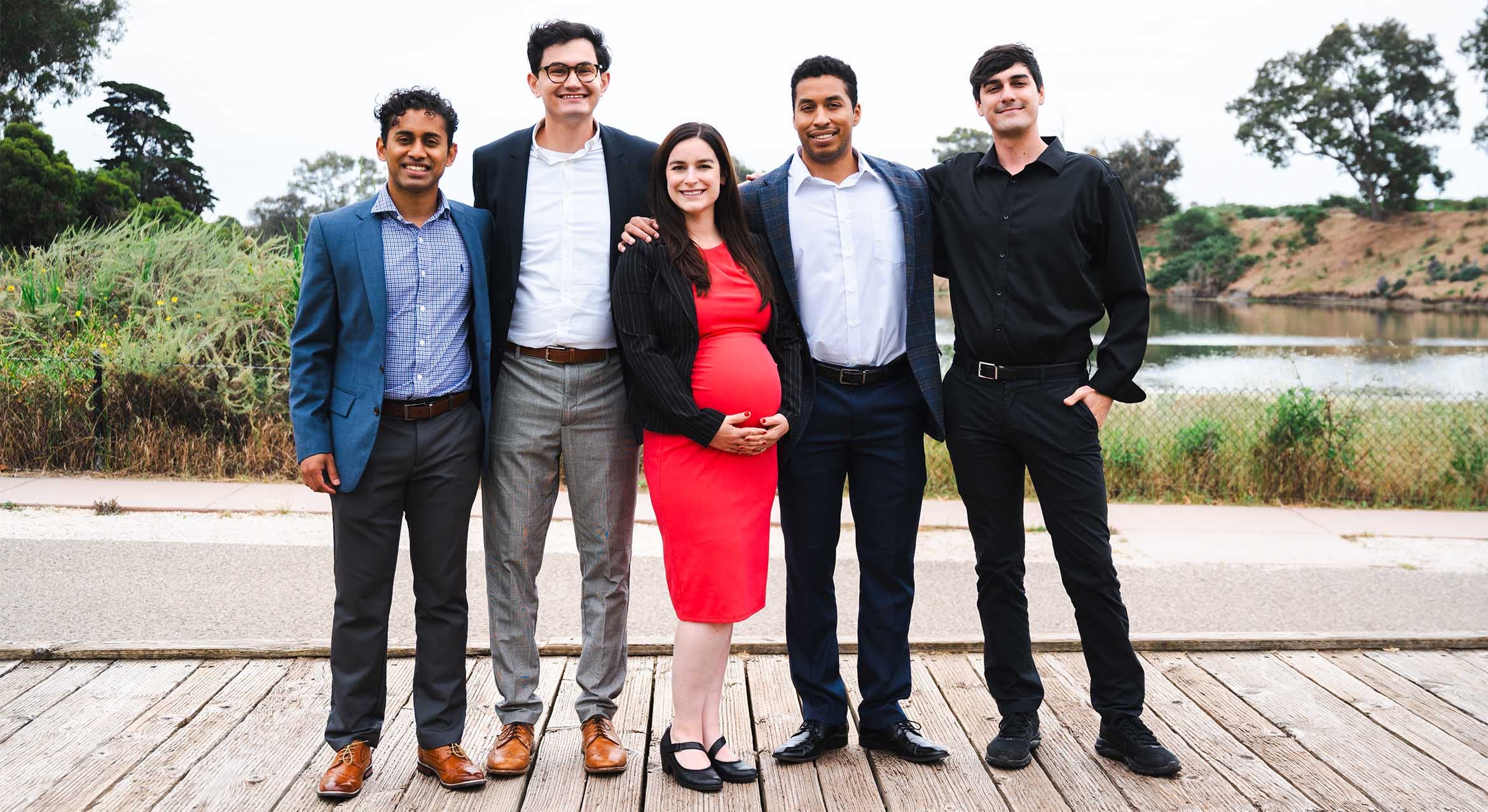A new drug combination containing two natural products—the yew tree derivative Taxol and a chemical from an ocean-growing sponge—studied by researchers at the University of California, Santa Barbara, is expected to eventually help patients with breast, lung and ovarian cancer as well as Kaposi's sarcoma. (A press release from the American Association for Cancer Research is available here.)
The researchers found that the synergistic effect of the two drugs together is greater than either one alone.
The lab of UCSB's Mary Ann Jordan, principal investigator on this project, is one of a handful in the world that are studying the dynamics of microtubules that make up the skeleton of the cells.
Taxol suppresses the dynamics of cell division by binding to microtubules. Discodermolide—the sponge derivative—also suppresses cell division, or mitosis, by binding to microtubules. The two together act synergistically to reduce production of tumor cells.
"The two drugs together may help overcome side effects and act to give a more potent chemotherapy treatment," said Jordan.
The findings, published in the July 15 journal Cancer Research, may provide a model for other drugs that can act synergistically to slow down microtubule dynamics.
The first author, post-doctoral fellow Stephane Honore, came to Jordan's lab from France to work on the project. The other UCSB scientists include post-doctoral fellow Kathryn Kamath and Leslie Wilson, professor of Biochemistry and Molecular, Cellular and Developmental Biology.
Phase one clinical trials are currently being performed by the company Novartis. Jordan expects the drug will be available in about five years.
"It's very rewarding to see that the research you do has the potential to cure cancer or keep it under control with few or no side effects," she said.
Jordan has served as a grant reviewer for the National Institutes of Health and the Department of Defense Breast Cancer Program and as chair of the California Breast Cancer Research Program. She teaches cell biology in both undergraduate and graduate programs of Molecular, Cellular and Developmental Biology and is an active member the Alzheimer's Disease Center of the Neuroscience Research Institute.
Related Links



